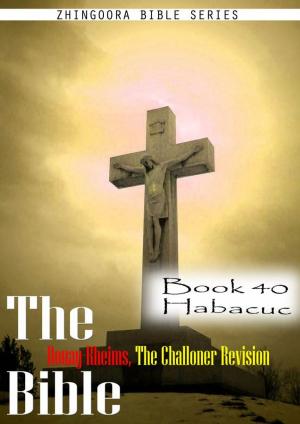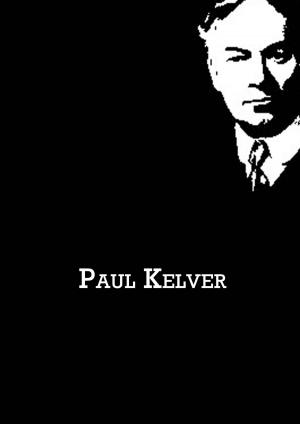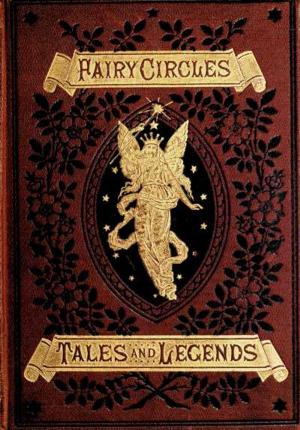Confessions[ Jean Jacques Rousseau] [Christmas Summary Classics]
Nonfiction, Reference & Language, Reference| Author: | Jean Jacques Rousseau | ISBN: | 1230000034582 |
| Publisher: | Zhingoora Books | Publication: | November 30, 2012 |
| Imprint: | Language: | English |
| Author: | Jean Jacques Rousseau |
| ISBN: | 1230000034582 |
| Publisher: | Zhingoora Books |
| Publication: | November 30, 2012 |
| Imprint: | |
| Language: | English |
Christmas Summary Classics
This series contains summary of Classic books such as Emma, Arne, Arabian Nights, Pride and prejudice, Tower of London, Wealth of Nations etc. Each book is specially crafted after reading complete book in less than 30 pages. One who wants to get joy of book reading especially in very less time can go for it.
JEAN JACQUES ROUSSEAU
Confessions
Rousseau's "Confessions" were written in England at Wootton, in Staffordshire, where he had taken refuge after his revolutionary ideas incurred the displeasure of the authorities in France. They were first published in 1782. From this refuge he was pursued from place to place by his delusions through miserable years, until he died, near Paris, on July 2, 1778. In no circumstances or relation of his life was Rousseau a pleasant spectacle. The "Confessions," unexpurgated, are often revolting to any sane mind, and have been proved to be untrustworthy even as a record of fact. But almost incredible baseness was coupled with extraordinary gifts, and it is impossible to overestimate Rousseau's influence upon the modern world, and upon its literature and its whole point of view and way of thinking. (Rousseau, biography: see FICTION.)
I am undertaking a task for which there is no example, and one which will find no imitator. It is to exhibit a man in the whole truth of nature; and the man whom I shall reveal is myself. Myself alone; for I verily believe I am like no other living man. In this book I have hidden nothing evil and added nothing good; and I challenge any man to say, having unveiled his heart with equal sincerity, "I am better than he."
I was born at Geneva in 1712, son of Isaac Rousseau, watchmaker, and of Susanne, his wife. My birth, the first of my misfortunes, cost my mother her life, and I came into the world so weakly that I was not expected to live. My father's sister lavished on me the tenderest care, and he, disconsolate, loved me with extreme affection.
Like all children, but even more than others, I felt before I thought; and my consciousness was first awakened by reading stories with my father. Sometimes we read together until the birds were singing in the morning light. These tales gave me a most precocious insight into human passions, and the confused emotions which swept through me brought with them the queerest and most romantic views of life. But when I was seven we came to the end of my mother's old stock of romances, and we fell back on Bossuet, Molière, Plutarch, Ovid, and the like. Plutarch went far to cure me of novels; indeed, his "Lives" were the means of forming that free and republican spirit, intolerant of servitude, which has been my torment. To my aunt, who knew endless songs, and used to chant them with a sweet, tiny thread of a voice, I owe my passion for music.
These, then, were my first affections. These formed that heart of mine, so proud yet so tender; they fashioned that effeminate yet untamable character, which has ever drifted between weakness and virtue. For I have been in contradiction with myself, in such a way that abstinence and fruition, pleasure and wisdom, have escaped me equally.
My father having left Geneva, I remained under the care of my uncle Bernard, and was placed, with his son of my own age, in the house of M. Lambercier, protestant minister at Bossey, to learn all the trivialities that are called education. Here I gained my keen love of country pleasures, and tasted, with my cousin, the delights of simple friendship. But a cruel punishment for a fault which I had not committed, put an end to my childish simplicity, and soon I left Bossey without regret. There followed two or three years of indolence at Geneva.
After a brief and luckless trial of a notary's office I was apprenticed to an engraver, a petty tyrant, whose injustice taught me to lie and to steal. Restless, dissatisfied, and in perpetual terror of my master's savagery, I here reached my sixteenth year. But one day, finding the city gates closed on my return from a country excursion, I determined, rather than face the inevitable thrashing, to seek my fortune in the unknown world.
Christmas Summary Classics
This series contains summary of Classic books such as Emma, Arne, Arabian Nights, Pride and prejudice, Tower of London, Wealth of Nations etc. Each book is specially crafted after reading complete book in less than 30 pages. One who wants to get joy of book reading especially in very less time can go for it.
JEAN JACQUES ROUSSEAU
Confessions
Rousseau's "Confessions" were written in England at Wootton, in Staffordshire, where he had taken refuge after his revolutionary ideas incurred the displeasure of the authorities in France. They were first published in 1782. From this refuge he was pursued from place to place by his delusions through miserable years, until he died, near Paris, on July 2, 1778. In no circumstances or relation of his life was Rousseau a pleasant spectacle. The "Confessions," unexpurgated, are often revolting to any sane mind, and have been proved to be untrustworthy even as a record of fact. But almost incredible baseness was coupled with extraordinary gifts, and it is impossible to overestimate Rousseau's influence upon the modern world, and upon its literature and its whole point of view and way of thinking. (Rousseau, biography: see FICTION.)
I am undertaking a task for which there is no example, and one which will find no imitator. It is to exhibit a man in the whole truth of nature; and the man whom I shall reveal is myself. Myself alone; for I verily believe I am like no other living man. In this book I have hidden nothing evil and added nothing good; and I challenge any man to say, having unveiled his heart with equal sincerity, "I am better than he."
I was born at Geneva in 1712, son of Isaac Rousseau, watchmaker, and of Susanne, his wife. My birth, the first of my misfortunes, cost my mother her life, and I came into the world so weakly that I was not expected to live. My father's sister lavished on me the tenderest care, and he, disconsolate, loved me with extreme affection.
Like all children, but even more than others, I felt before I thought; and my consciousness was first awakened by reading stories with my father. Sometimes we read together until the birds were singing in the morning light. These tales gave me a most precocious insight into human passions, and the confused emotions which swept through me brought with them the queerest and most romantic views of life. But when I was seven we came to the end of my mother's old stock of romances, and we fell back on Bossuet, Molière, Plutarch, Ovid, and the like. Plutarch went far to cure me of novels; indeed, his "Lives" were the means of forming that free and republican spirit, intolerant of servitude, which has been my torment. To my aunt, who knew endless songs, and used to chant them with a sweet, tiny thread of a voice, I owe my passion for music.
These, then, were my first affections. These formed that heart of mine, so proud yet so tender; they fashioned that effeminate yet untamable character, which has ever drifted between weakness and virtue. For I have been in contradiction with myself, in such a way that abstinence and fruition, pleasure and wisdom, have escaped me equally.
My father having left Geneva, I remained under the care of my uncle Bernard, and was placed, with his son of my own age, in the house of M. Lambercier, protestant minister at Bossey, to learn all the trivialities that are called education. Here I gained my keen love of country pleasures, and tasted, with my cousin, the delights of simple friendship. But a cruel punishment for a fault which I had not committed, put an end to my childish simplicity, and soon I left Bossey without regret. There followed two or three years of indolence at Geneva.
After a brief and luckless trial of a notary's office I was apprenticed to an engraver, a petty tyrant, whose injustice taught me to lie and to steal. Restless, dissatisfied, and in perpetual terror of my master's savagery, I here reached my sixteenth year. But one day, finding the city gates closed on my return from a country excursion, I determined, rather than face the inevitable thrashing, to seek my fortune in the unknown world.
![Cover of the book Confessions[ Jean Jacques Rousseau] [Christmas Summary Classics] by Jean Jacques Rousseau, Zhingoora Books](https://www.kuoky.com/images/2012/november/500x500/1230000034582-92Yj_500x.jpg)
![Cover of the book Peter Simple [Christmas Summary Classics] by Jean Jacques Rousseau](https://www.kuoky.com/images/2012/november/300x300/1230000032302-0JR3_300x.jpg)
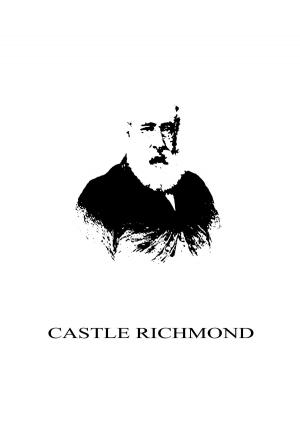
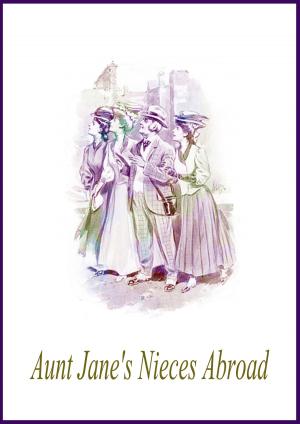
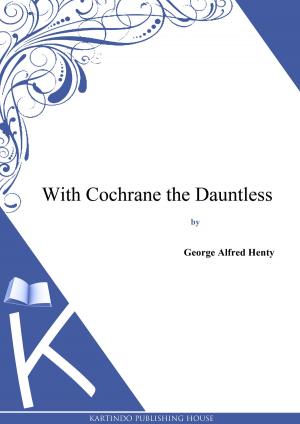

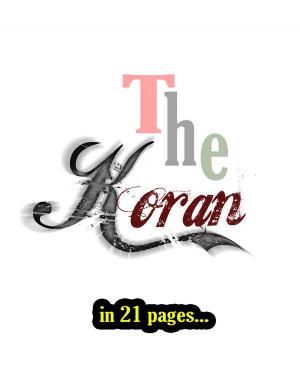
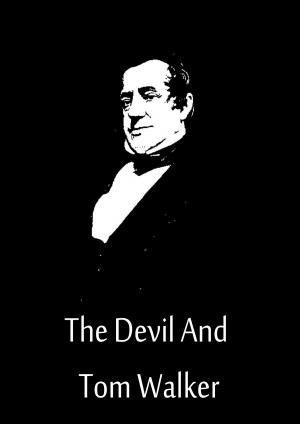
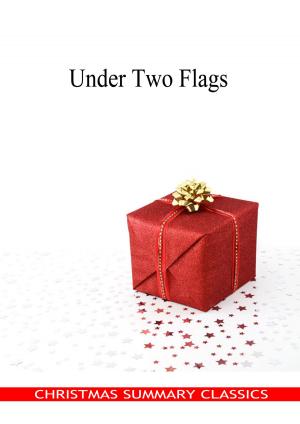
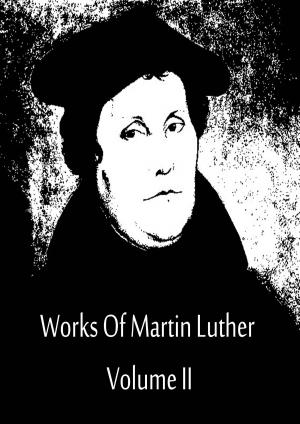
![Cover of the book Silas Marner [Christmas Summary Classics] by Jean Jacques Rousseau](https://www.kuoky.com/images/2012/november/300x300/1230000034654-QsCC_300x.jpg)

